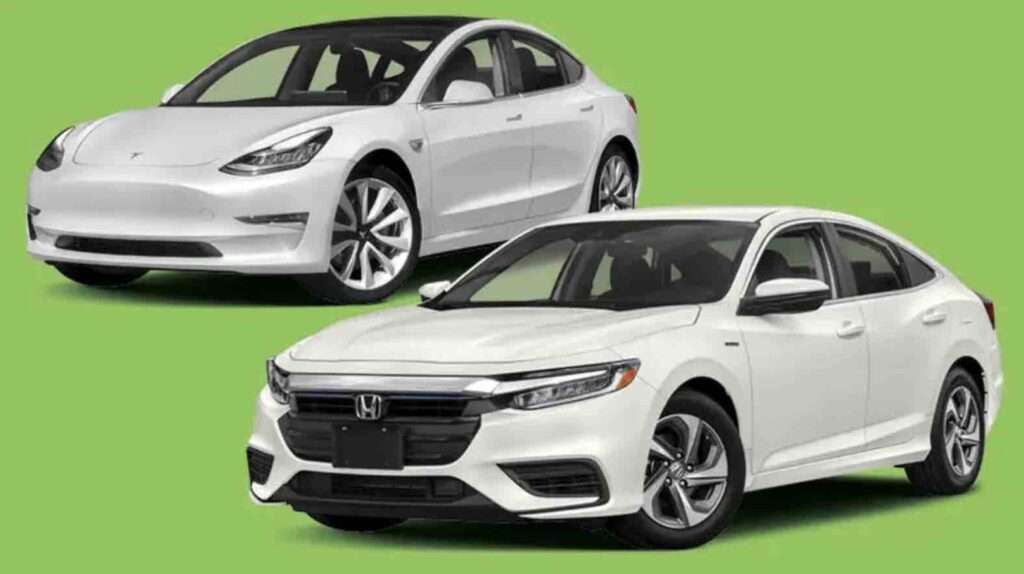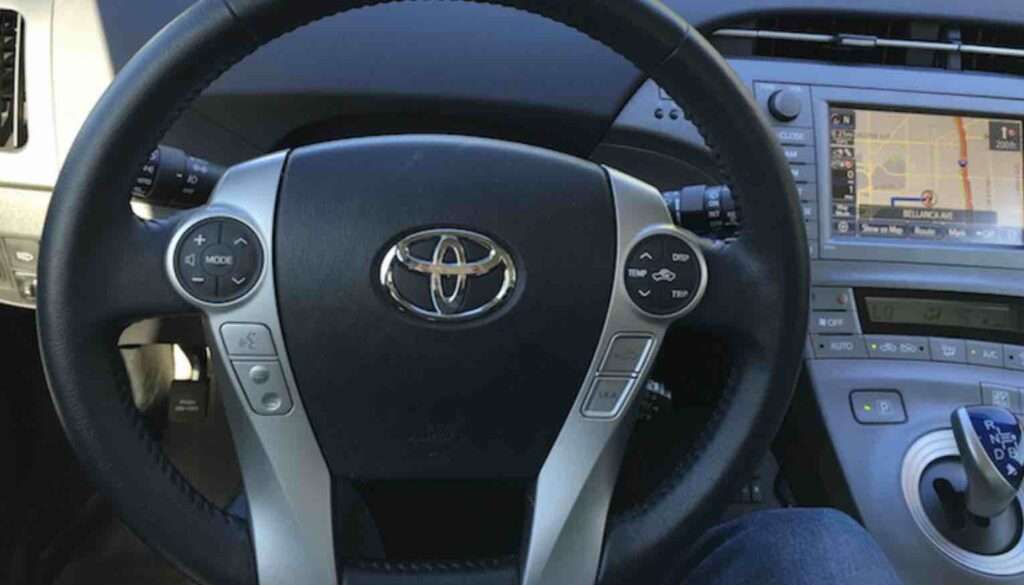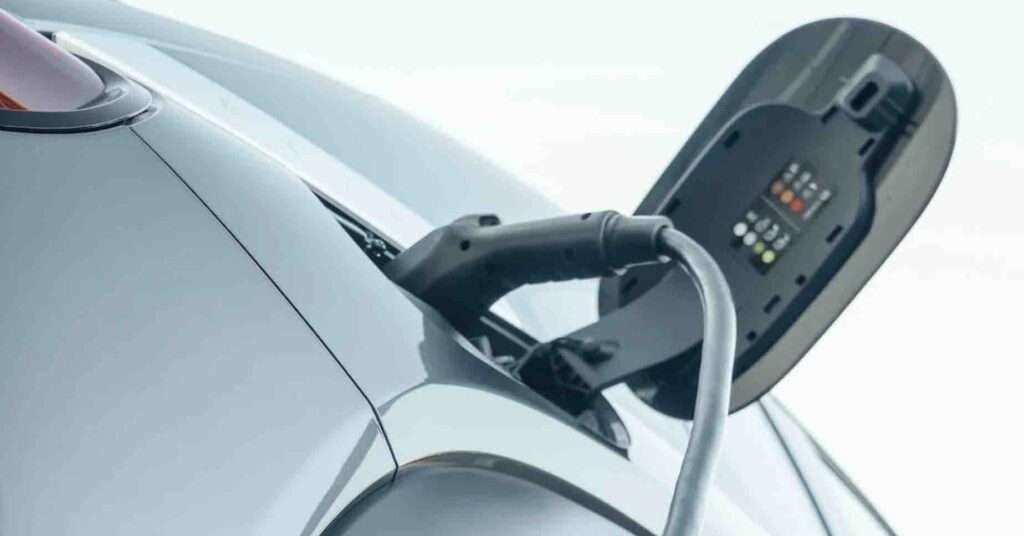Last updated on July 12th, 2023 at 09:39 am
When it’s time to get your first car, switch to a different option, or add one more to your collection, you’ll meet several options, and hybrid vehicles are one of them. Your landing on this post shows that you probably are considering a hybrid car, but you wish to learn more about it to be better informed when settling for one.
If you are yet to settle for a hybrid car among the options because you want to learn about its benefits and drawbacks, you’re on the right track. Buying a car is a massive investment, and you need to be sure about your choice by understanding everything about it before purchasing.
However, before we delve into the pros and cons of a hybrid car, let’s look at what a hybrid car is and how it works.
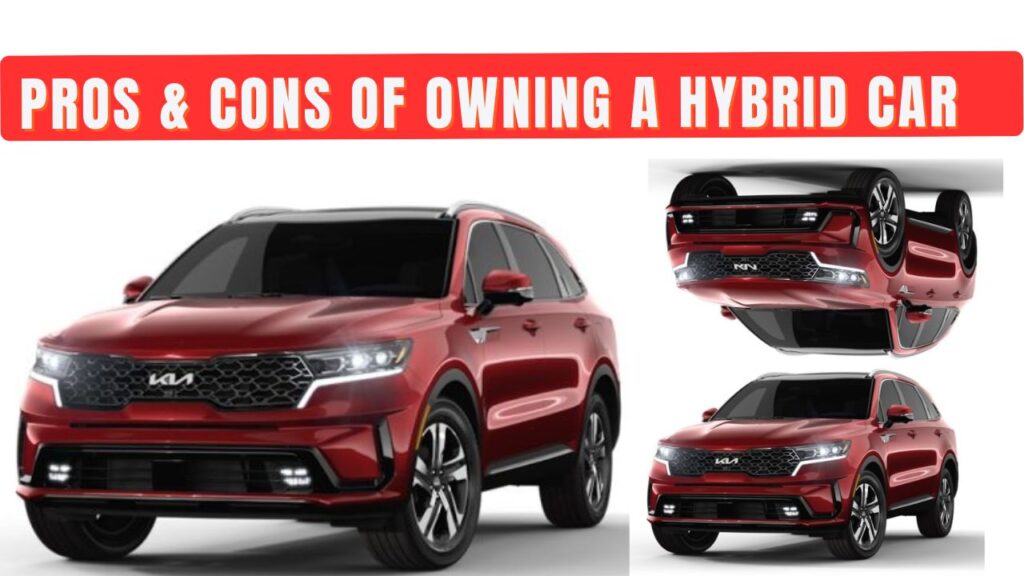
What’s a Hybrid Car?
A hybrid car is a car that uses two engines – a traditional combustion engine and an electric motor. The combustion engine gets powered by fuel, while the electric motor functions with a battery that requires charging when low or dead. Both engines inside the hybrid car can work simultaneously or singly, depending on the hybrid brand.
Typically, the electric motor powers the car when you ride at lower speeds, while the conventional engine provides sufficient power for driving at higher speed levels. Using both engines can conserve fuel remarkably and reduce the emission of gases. Hence, hybrid vehicles are becoming more popular among car enthusiasts.
Benefits of Hybrid Cars
There are many benefits of using a hybrid car; let’s look at some of them below:
They are Environmentally Friendly
According to the Environmental Protection Agency (EPA), a typical vehicle on the road emits 4.5 metric tons of carbon dioxide annually. Beyond carbon emissions, other greenhouse gases also emanate from the tailpipes of conventional fuel engine vehicles. Over time, these gases adversely affect the health of humans and the environment. A typical example is global warming caused by carbon and greenhouse gas emissions, which has become a critical environmental challenge in the 21st century.
By opting for a hybrid vehicle, you reduce your carbon imprint and play a substantial role in making our climate safer. Hybrid cars reduce carbon emissions by using batteries as their auxiliary power source instead of relying solely on fuels.
Say Goodbye to Range Anxiety
If you’ve ever used a battery-only electric car, you must be familiar with range anxiety. It’s the fear of not having enough battery power to convey you from one point to another. The charging station may be far away from your present location, and it’s only natural to wonder and worry if the current charge of your car’s battery can make it to the nearest station. While more charging stations are springing up daily due to the popularity of hybrid and electric cars, some areas may still have only a handful of them.
Switching to a hybrid car takes all your range anxiety away. You can always use your international combustion engine to complete the rest of the mile to the nearest charging station.
What if you are also out of gas? Gas stations are more in number than charging stations, making it easier to refill your tank and continue your trip until you find a charging station.
Furthermore, some models of hybrid vehicles, such as Hybrid Electric Vehicles (HEVs), use regenerative braking. This braking system recharges the car’s battery each time you apply the brakes, and the HEV can also recharge a battery via its combustion engine. These high-end features eliminate the need for plug-in charging stations and by extension, your range anxiety.
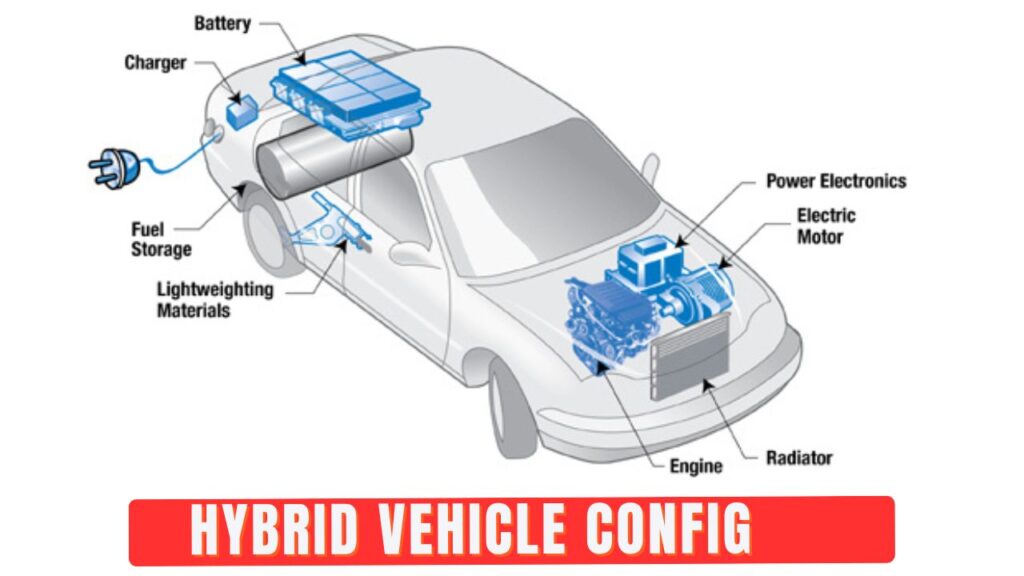
Hybrid Cars Help You Save More
Thanks to an electric motor as part of the dual engines of a hybrid vehicle, you won’t have to visit the gas station often to refill your fuel tank, which comes at a cost. If you estimate the total cost of your fuel bills in a year with a combustion engine vehicle, you’ll notice a significant drop in the overall cost after using a hybrid car within the same period. While it may be tricky to estimate fuel bills due to inevitable car habits like driving for long and dependence on gas as power for high speeds, you can try this fuel bill estimator to know how much you can save.
High maintenance cost is also out of the way because hybrid cars require less maintenance, which is one of the perks of using them.
Additionally, the government offers many incentives and credits to hybrid car owners and potential owners, including lower annual tax bills to help them save more each year. Many of these incentives are only applicable to plug-in hybrid cars. So, always check if the brand or model of your choice hybrid vehicle is eligible for any of these incentives before purchasing one in your state.
Hybrid Cars are Silent in Operation
Electric-powered vehicles are quieter than conventional vehicles because electric motors have no combustions. Since hybrid cars have electric motors, you will enjoy the same noiseless feature. Some are mute when driven below five miles per hour, which is excellent for reducing noise pollution and arriving quietly to any venue.
Want to surprise your loved one, kids, colleagues, or friends with a stealth arrival? A hybrid car is the best automobile for that mission.
They Require Less Maintenance
The dual engines: conventional combustion engine and electric motor of a hybrid car limits over-dependence on one power source, leading to less wear and tear.
When a combustion engine works less, thanks to assistance from an electric motor, you won’t need to change its oil frequently or perform other necessary maintenance routines that keep it functioning optimally.
However, the make and model of your hybrid vehicle will determine its level of maintenance and cost.
Drawbacks of Owning a Hybrid Vehicle
It’s not all so rosy with hybrid vehicles, and if you decide to purchase one, you should be aware and ready for the following drawbacks.
Hefty Upfront Cost
Hybrid cars require steep upfront costs compared to traditional combustion engine vehicles. While you can recover a substantial percentage of this high cost in fuel efficiency and government incentives, it’s best to keep a higher upfront budget when switching to hybrids.
More Resale Value
With the growing popularity of hybrid cars, thanks to the upsides of fuel economy, government incentives, and low carbon emissions, more people are choosing them.
The rising cost of gas isn’t also helping, the more reason people are shifting from high-fuel consumption engines to fuel-efficient alternatives.
As a result, hybrid cars tend to have a higher resale value over time. It’s always a good investment to purchase a hybrid vehicle as you can decide to sell it later for a higher price.
Maintenance Costs May Be Higher
Hybrid cars require less maintenance, but whenever there’s the need for one, it’s usually more expensive than maintaining a regular car.
The high-voltage battery of a hybrid vehicle is a typical example of how expensive its maintenance can be. When this battery is faulty or dead, a replacement can cost up to $2,000 and more, depending on the make and model of the vehicle.
Additionally, hybrid vehicles come with highly sophisticated components that improve performance and efficiency. When any of these components develop a fault, repairs are naturally costly.
Finding the right hybrid auto mechanic can also be challenging, and their services will cost more than traditional auto mechanics.
They May Have Lesser Power
If you are looking for a car with a turbocharged engine to guarantee maximum speeds like you are in a car race, the hybrid section of the showroom is the last place to look.
Hybrid vehicles won’t give you that kind of speed. They are built for lower carbon emissions and minimal fuel usage, hence their smaller gas-powered engines. Think of this as a necessary trade-off or a sacrifice you may consider settling for.
Your Insurance May Be Higher
If you are considering a hybrid vehicle, your insurance rates may be higher than your traditional combustion engine variant.
The reason is not far-fetched – hybrid cars are more expensive to purchase, their parts are pricey, they are costlier to maintain, and their repairs cost more than regular cars. All of these high costs assemble into one astronomical insurance fee.
Fuel Efficiency and Lesser Carbon Emission May Not Be Practical in Cold Weather
In warmer seasons, fuel economy is practical because the warm climate facilitates efficient fuel combustion in the gas-powered engine of a hybrid vehicle.
However, colder seasons limit combustion efficiency and cause the gas engine to work twice as hard to produce power. Therefore, the combustion engine of a hybrid vehicle has to generate more energy through fuel combustion, leading to more fuel consumption.
Conclusion
If you’ve read to this point, you now have an idea of the pros and cons of owning a hybrid vehicle. Apparently the call is yours to make. However, one area I would like you to consider is performance. If you love a car that gives you insane speeds on the highway, a hybrid vehicle isn’t the ideal choice. On the contrary, if you want a car to drive within the city, and feel comfortable in its noiseless state while spending less on fuel, go for a hybrid vehicle. The bottom line is: go for what works for you or suits your driving needs.
Sources:
- https://www.conserve-energy-future.com/advantages-and-disadvantages-of-hybrid-cars.php
- https://www.carmoola.co.uk/blog/advantages-disadvantages-hybrid-car
- https://www.galaxytoyota.net/manufacturer-information/hybrid-cars-pros-and-cons/
- https://www.fueleconomy.gov/feg/taxevb.shtml

Uchenna is a Radiographer and Auto parts mechanic who recently got his automotive diploma as an auto repair technician, and since then, has worked on fixing various car problems.
Working as just a radiographer, Uchenna didn’t just get all the fulfillment he desired, because he truly loved doing things tilted toward cars. As a kid, he would take apart his toy cars to see how they worked and would spend hours tinkering with his bike.
So, in 2017 he made the tough decision to become an auto mechanic. He threw himself into his studies and now loves every aspect of what he does.
He gets to work with his hands, solving problems and bringing cars back to life, and sharing his knowledge and easy quick-fix guide online are all part of what makes him feel fulfilled.

